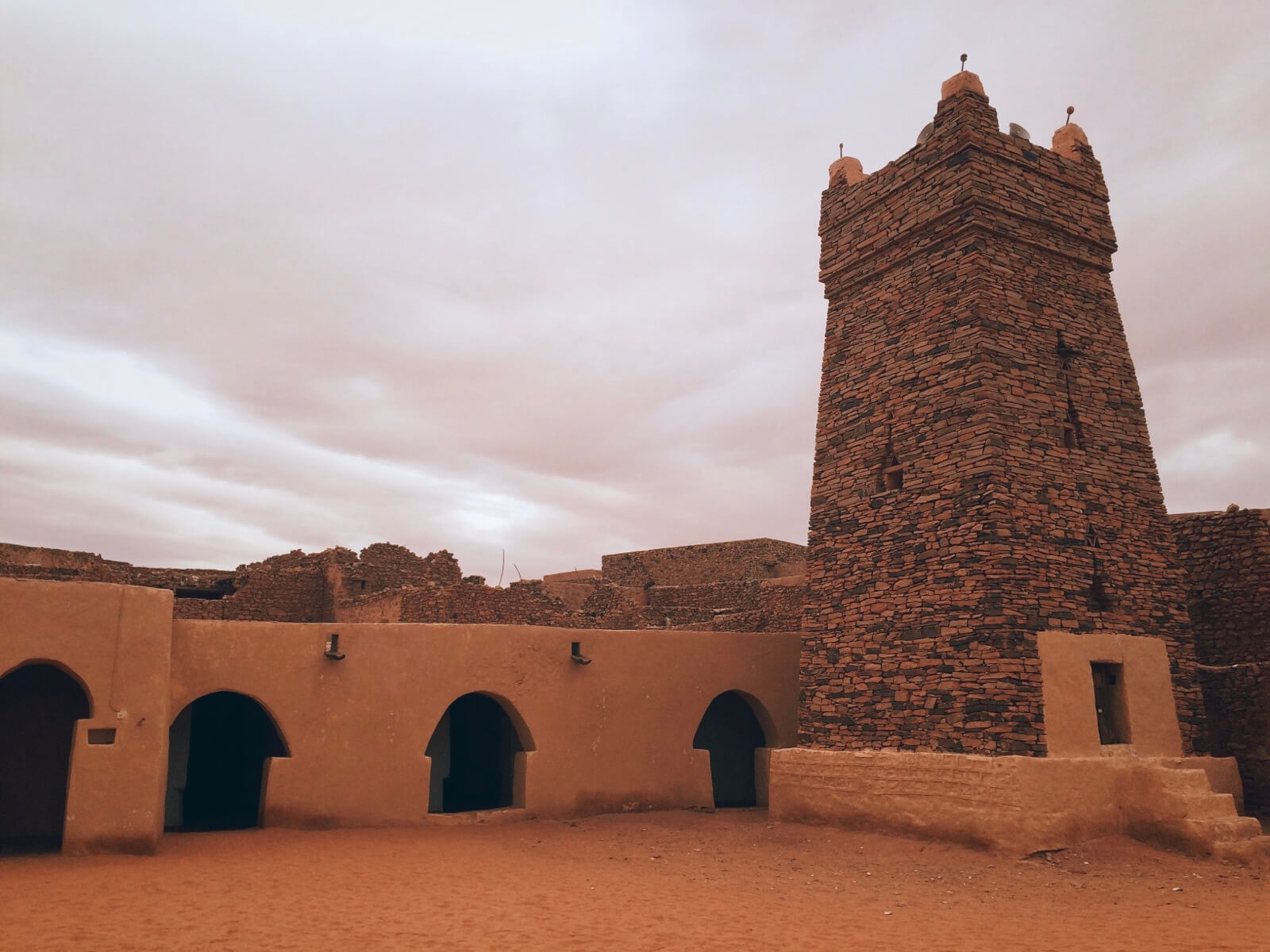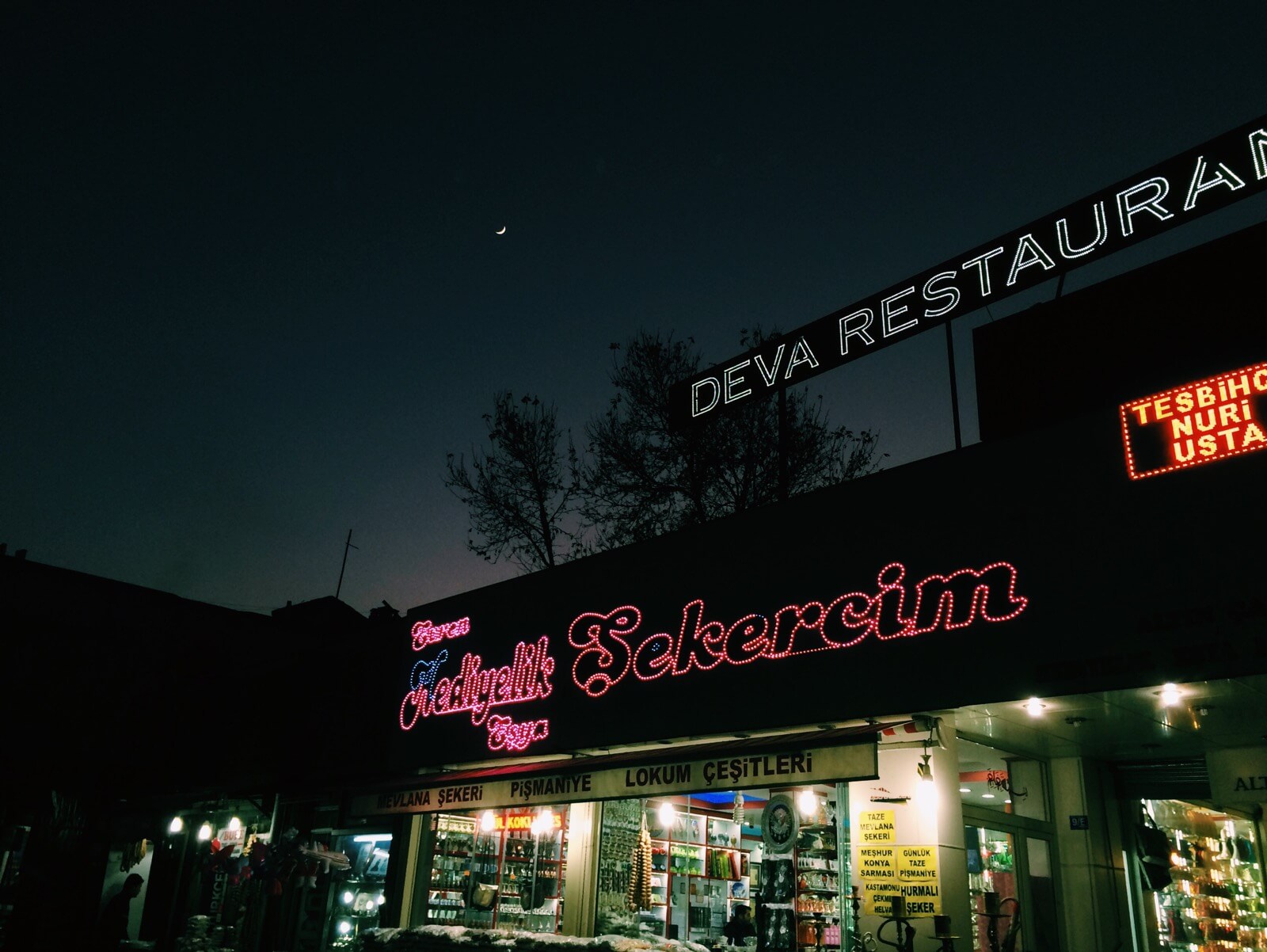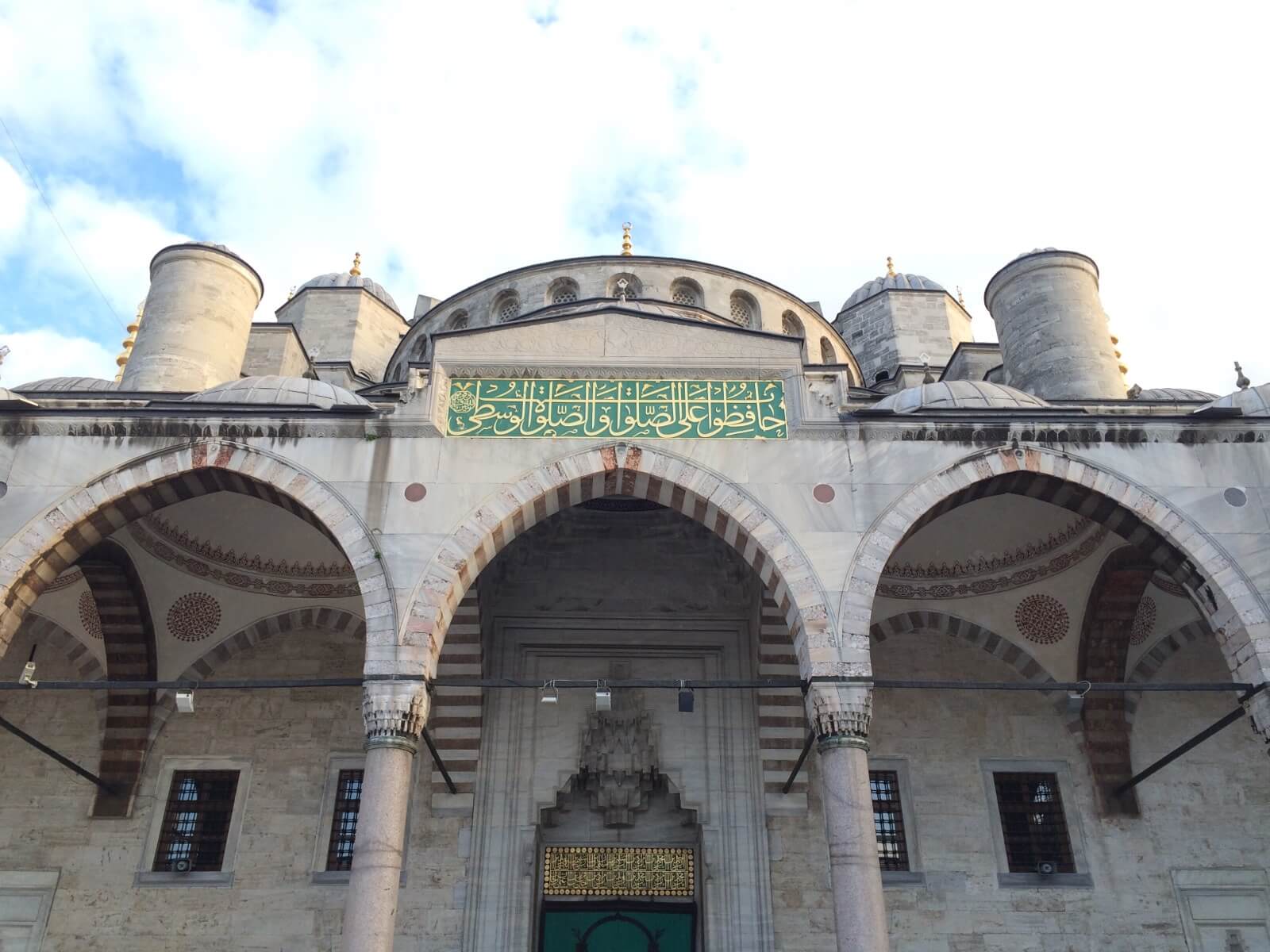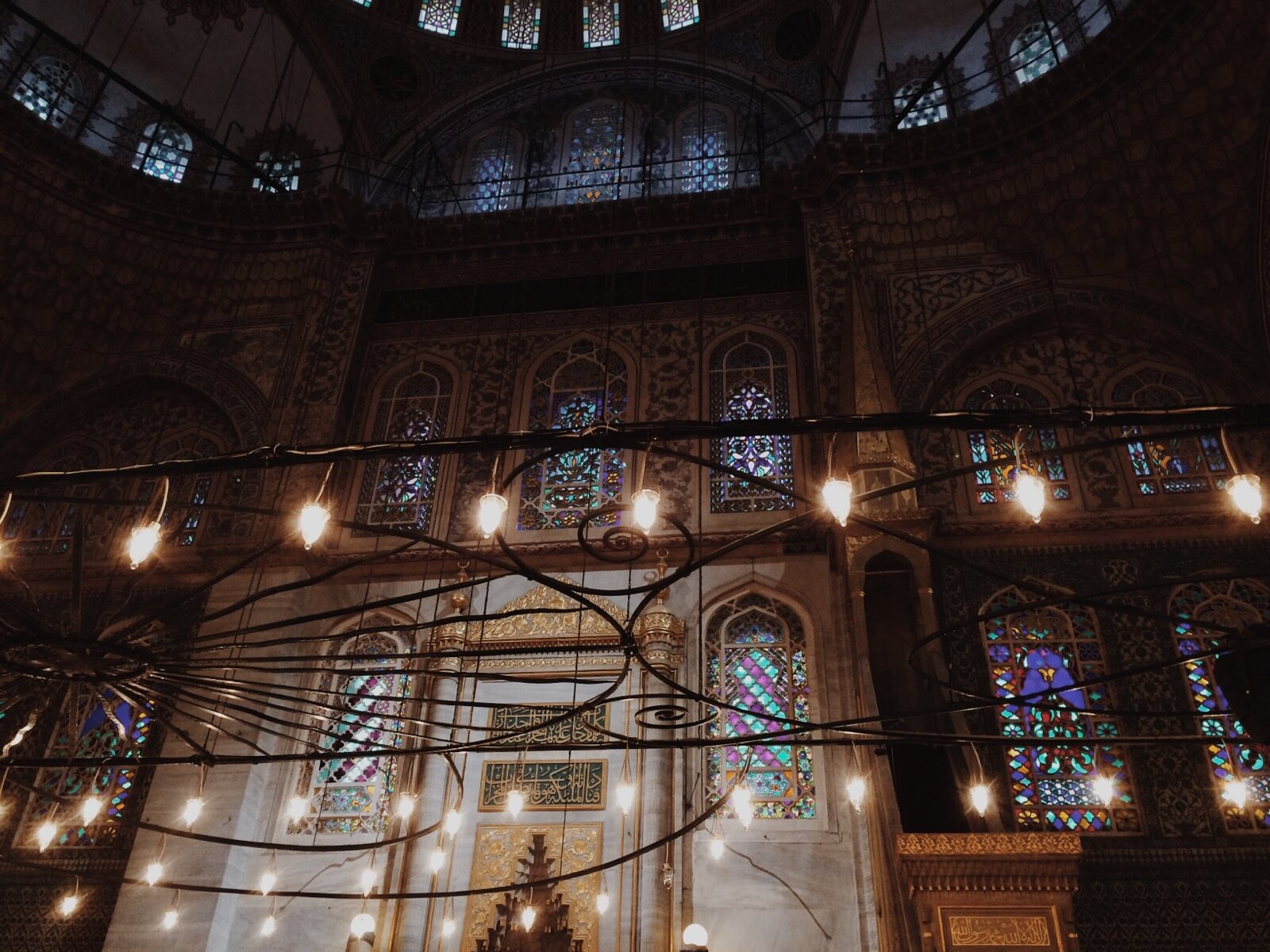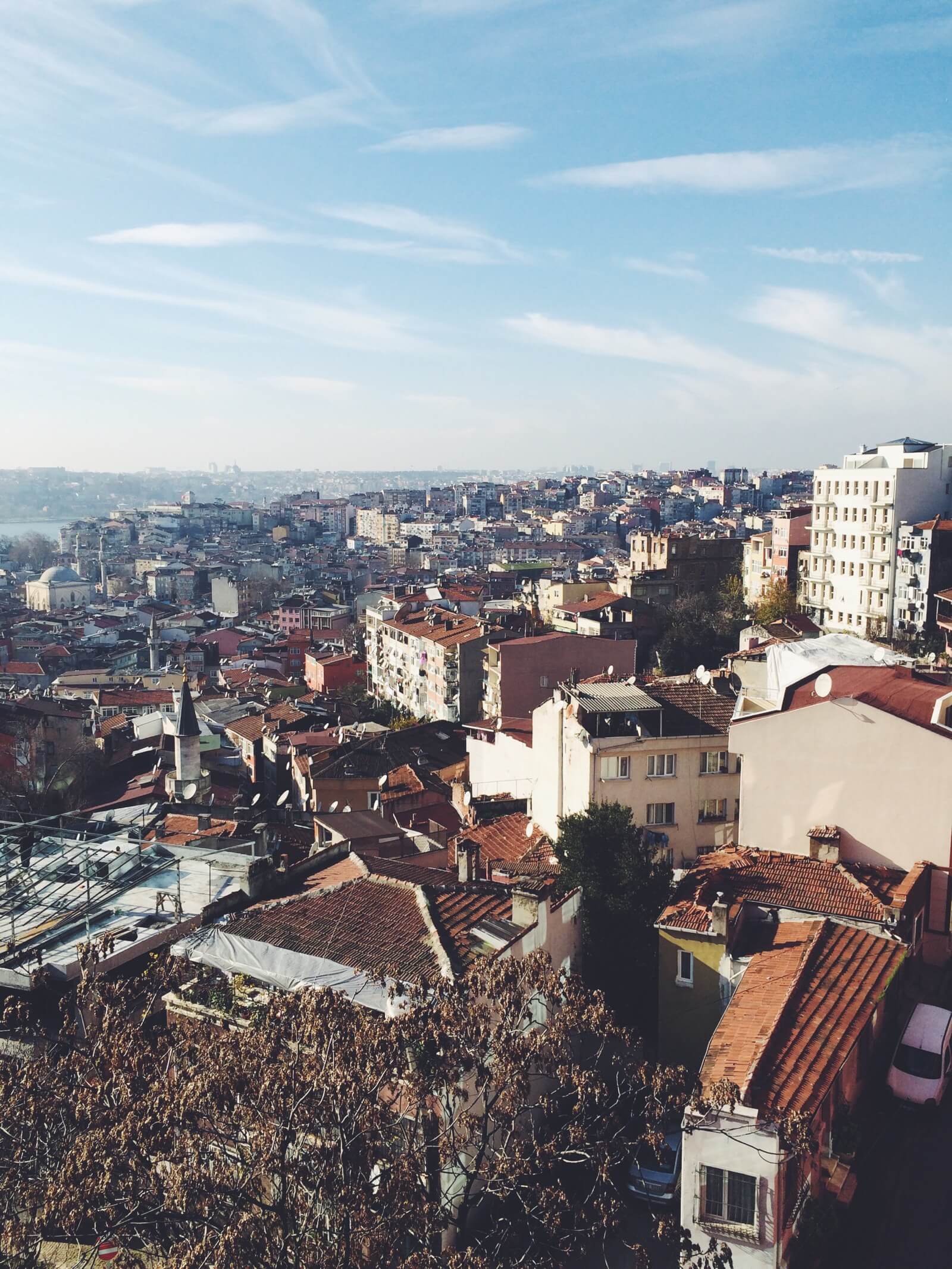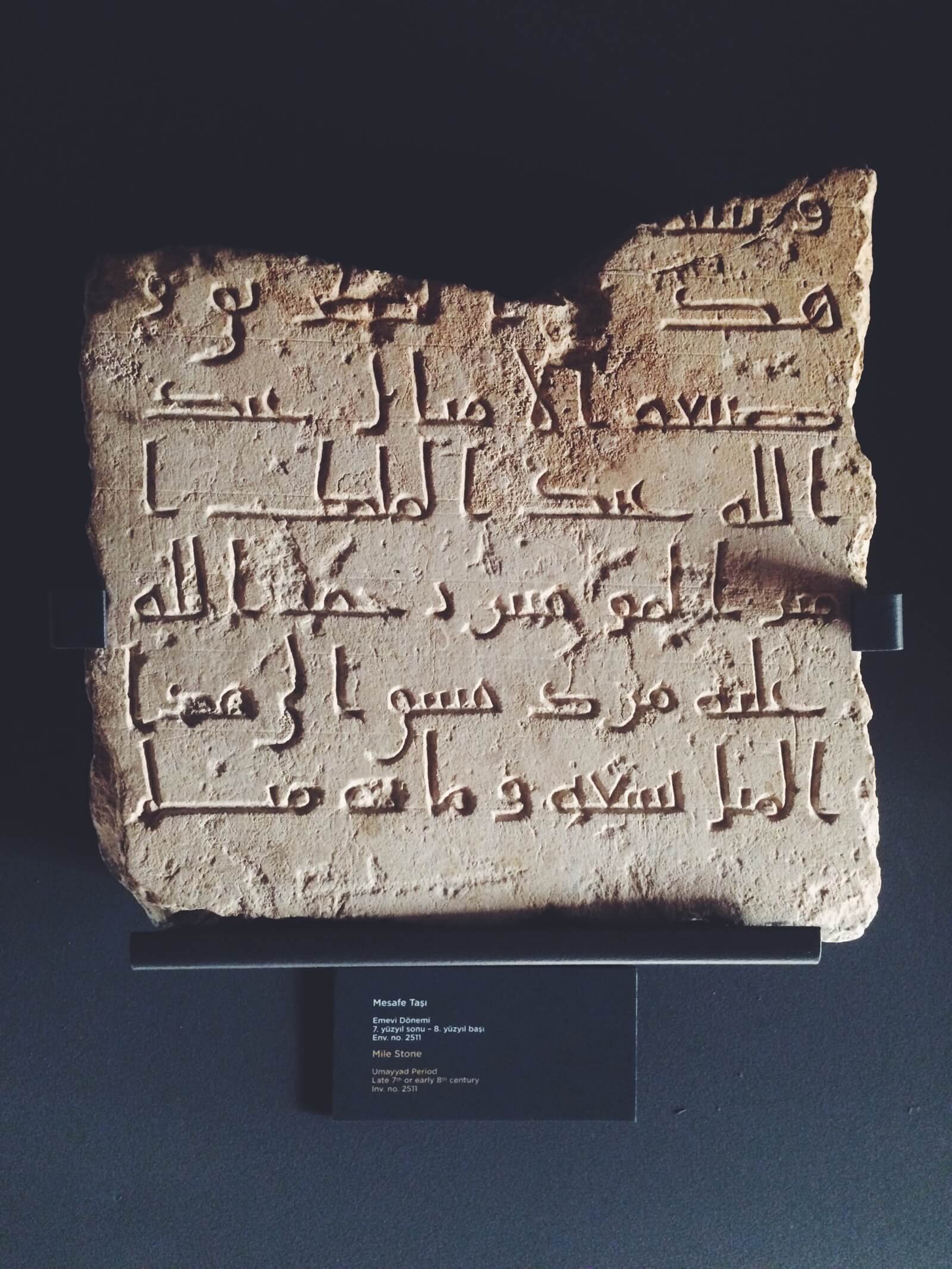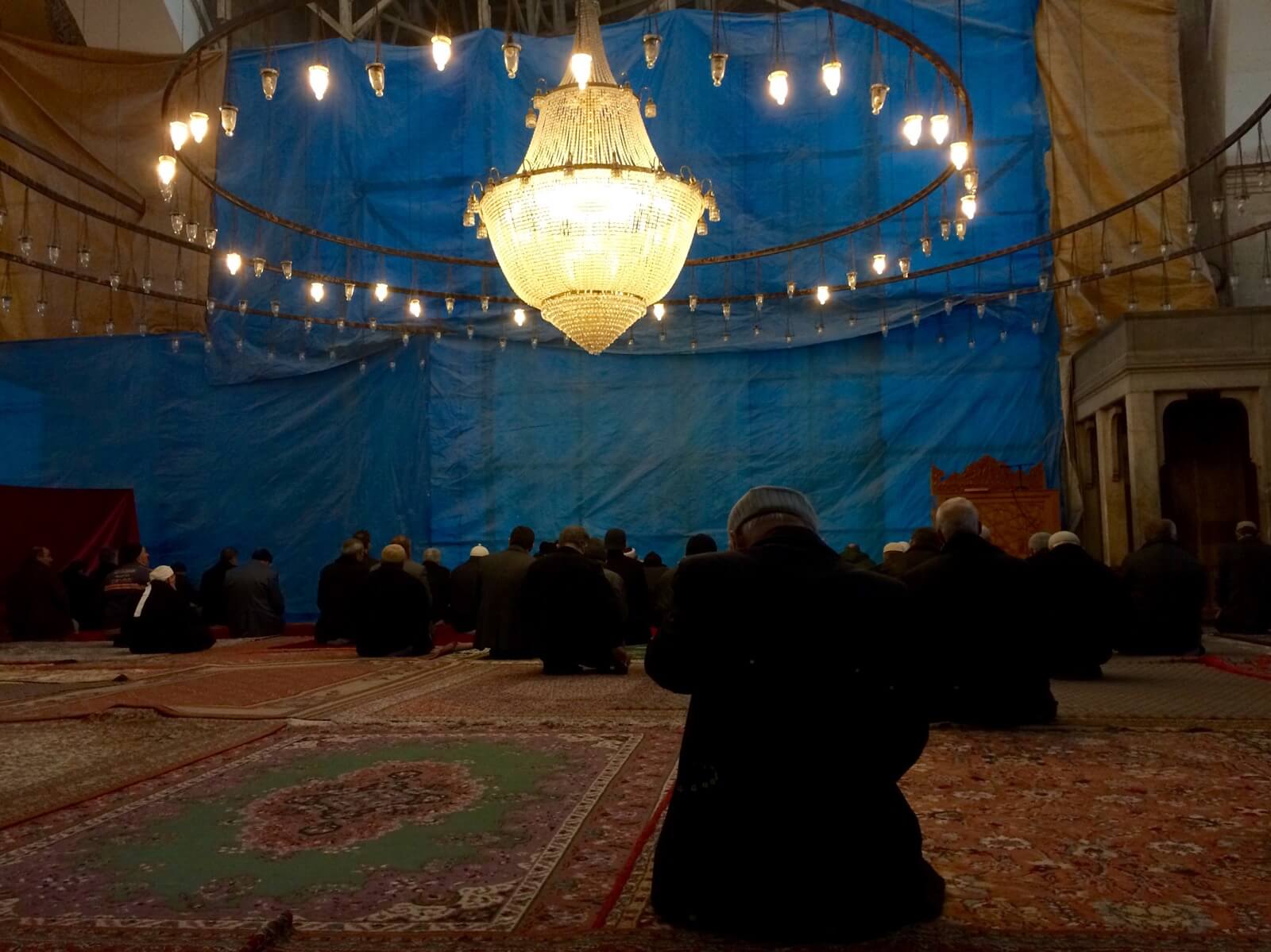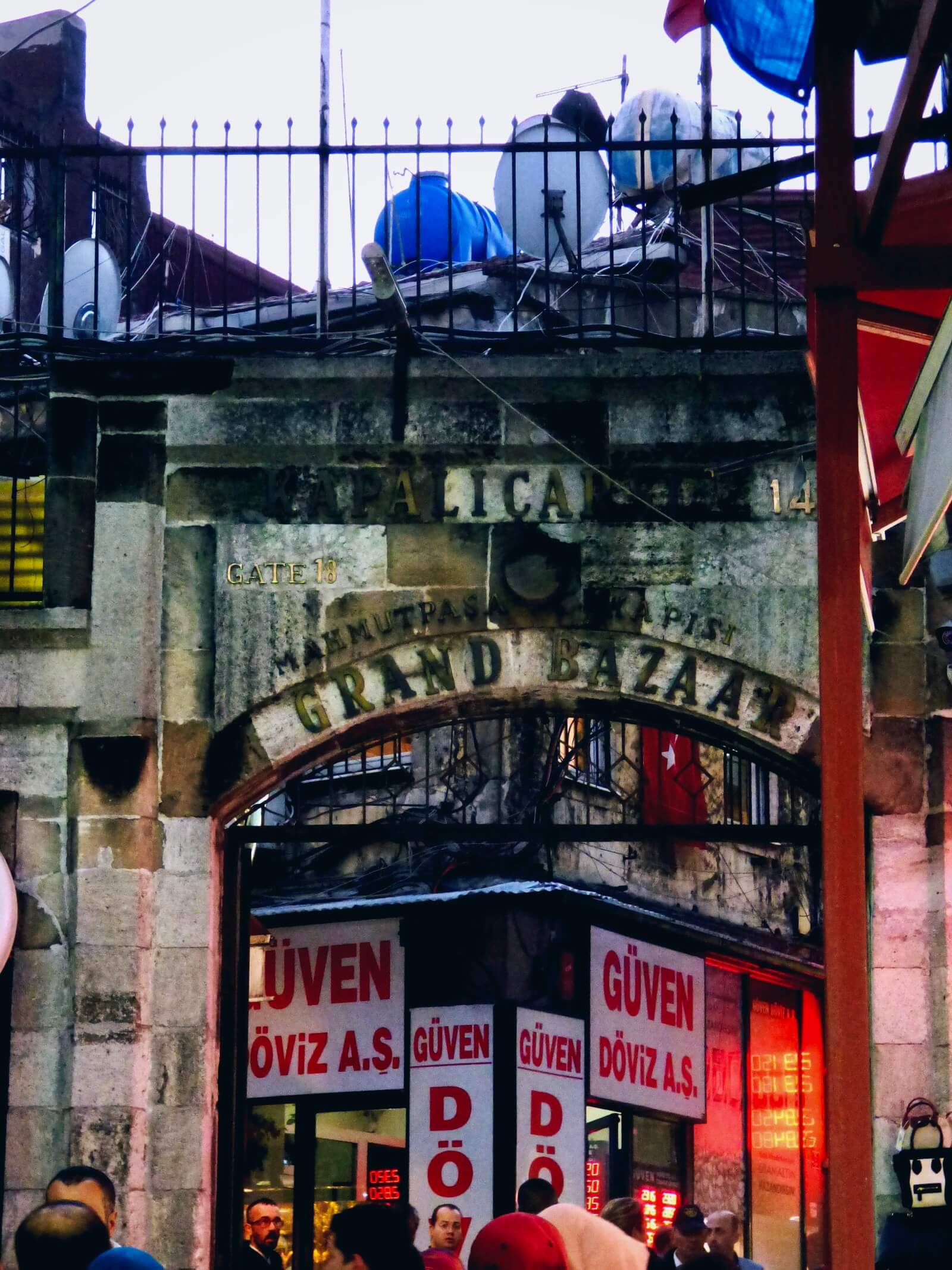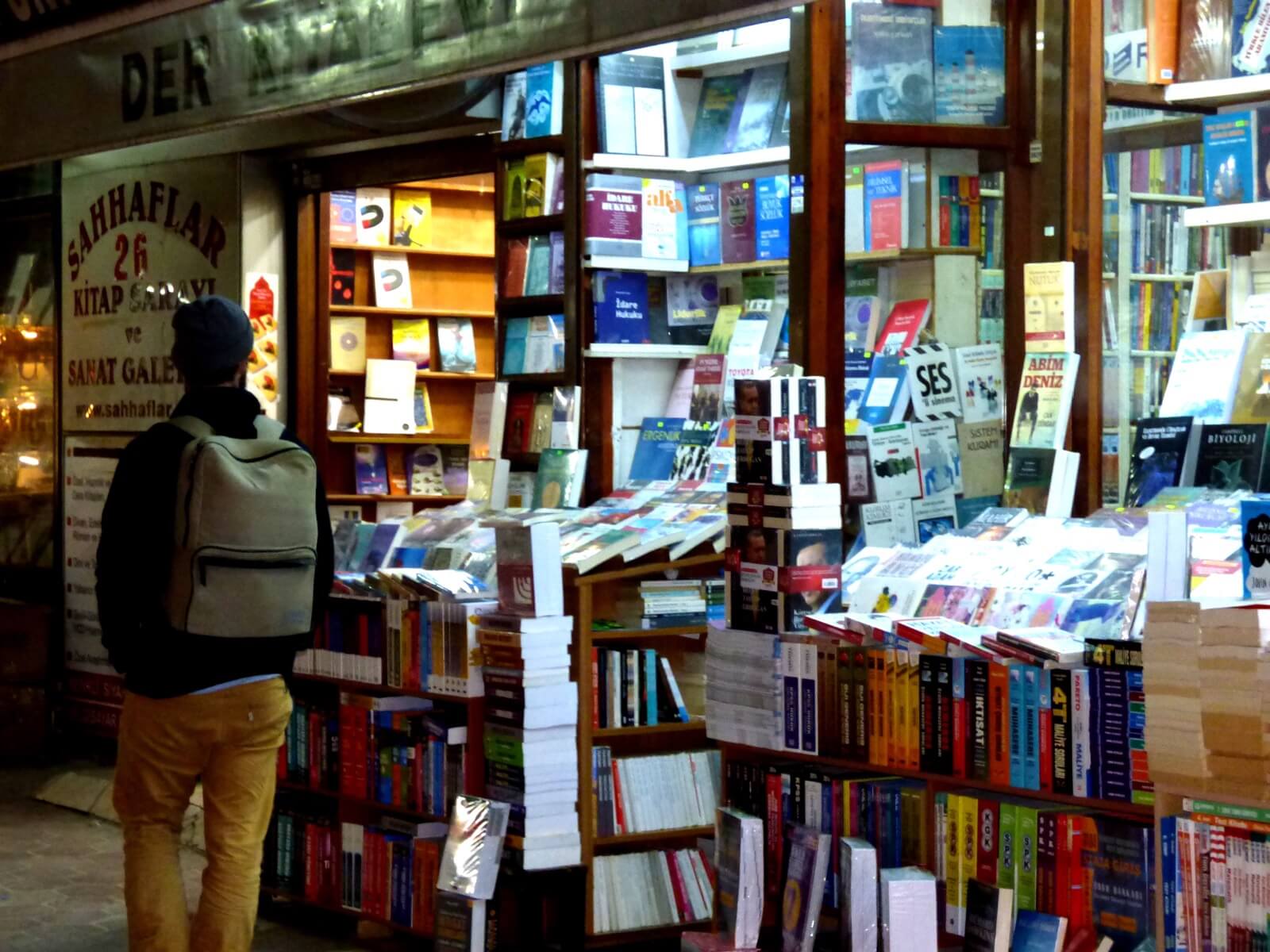If you’re an American and in any way invested in the political system and political developments, then you are probably in your own e-crisis…
A few days ago I was washing dishes and listening to a podcast from the Trillbilly Workers’ Party.
I started listening to them this year, during Spain’s lockdown, when I’d take Alqo into the woods for a momentary escape. Hosted by Tanya, Tom, and Tarence from Appalachia, Kentucky (Tarence is a transplant from New Mexico), their perspectives as three marxists from a rural and conservative area are illuminating. Every so often, they reference the e-crisis, or epistemological crisis, that haunts the United States.
A crisis or knowledge. We cannot agree on basic, foundational knowledge or facts in the political, social, or religious realms. With heightened stakes for progress (societal and perhaps planetary survival) from pandemics, rising acceptance of authoritarianism, climate inaction, and many of us being ‘more online’ than ever, we’ve entered a new phase on how we relate to each other and the wider world. Obviously, disagreement spans centuries and geography, but the last decade’s technological and algorithmic advancements have given us our own finely-tuned informational vacuum that is not shared with even our closest neighbors.
We, the United States, with all our social and economic contradictions might be at the stage of the Weimar or late Roman republics. I say this knowing full well my own family does not see it like that. Granted, I tend to speak in extremes. Am I seeing something differently, (or missing something) because I live abroad?
But I also see the e-crisis in myself. I’m more annoyed and sarcastic when I scroll through Twitter in my morning. Why? Because all the outrage and governmental ineptitude is on full display right when I wake up. There’s no joy filter I can turn on. I just have to muster the willpower to log off.
Before I though of this crisis as collectivized, generalized. I had not considered to think deeply about my own internal epistemological crisis.
In this particular episode, one of the hosts, Terence, started dissecting the 21st century Marxist motto “A better world is possible”. He questioned this:
We’re constantly in this space where we think we can change the world, philosophically, … but we know deep down, empirically, that we can’t. That’s the e-crisis. It’s the space between those two things.
He continued by saying that some days he wakes up feeling inspired and optimistic about the future. If we keep on working towards something positive and democratic and for the benefit of all, good things will start happening. But other days, he wakes up with the grim thought that there’s not much those of us who hold no power or sway over large institutions can do.
The contradictions are stacking up, but for all we see with what’s happening (specifically in the United States), it is not producing the mass discontent, radicalization, and organizational action of people needed to overthrow the capitalist system. So Tarence ended his monologue with:
It would probably behoove you to get into religion, some sort of spiritual practice, or something.
From previous episodes and an article about them in the Bitter Southerner, I know that two of the Tarence and Tom are ex-Christians.
As with any book or podcast that’s meaningful to me, I started reflecting on my own trajectory over the last few years. In Mauritania and Mexico I had turned away from the (neo)-traditionalist form of Islam that seemed solid to me. In the end, I couldn’t square the legalist, non-mystical, and non-materialist framing that the celebrity imams and my Mauritanian friends seemed convinced of with my reading of the Qur’an and Islamic history. Even though I was relatively late to the party, I chafed at the sectarianism online and offline. But really, I was only rebelling against my own shaky conceptions of what it meant to be Muslim.
I had read a good deal about Sufism but did not consider myself one. My first encounter with Islam was through Rumi at university. I had never felt the ineffable mystical experience that the spiritual masters and poets described until my night with the chakruna in Peru.
That night healed my broken heart for the dīn, that way of life given to us by The One That is Closer to Us Than Our Jugular Veins and elucidated by the prophets since the first Homo sapiens, willingly adopted as my own. It also gave me the drive to start opening up about things that I consider incredibly complex and important. I don’t have all the answers obviously, and perhaps I’m wrong about many things. But I have enjoyed the path.
But if I’m being honest, I have become distracted from the ineffable. I externalized my peace of mind and happiness into the material with the Bernie campaign, wishing for improvements that might never come. I’m probably not alone. But with getting older, reading closely the arc of history and progressive movements. Sometimes the shoe never drops. I could live out the rest of my days with the anticipation of the sudden collapse of the global financial capitalist system that never comes. Tarence wasn’t suggesting religion to move away from fighting those necessary battles; racial injustice, the climate emergency, the neo-fascists. He was giving us a bigger anchor to hold on to.
I look to the Qur’an and Islam as one might look to Jesus and Christianity to steady myself and see the long game. To read the allegories of the prophets and the pronouncements for me is to gain a larger, more cosmic perspective of things. In the end, Justice will be served. It is up to us and in the same way, not up to us.
After I finished the dishes, I picked up my copy of Shahab Ahmed’s What is Islam? It was a field-changing book for Islamic Studies. I’m still in the introduction but in it, he picks apart the the conception of what is Islamic. Are wine-cups from the caliphs with Arabic inscriptions on them considered Islamic? Why do we consider the juridical perspectives of the great imams more Islamic than the philosophic-religion like Ibn Sina or Ibn ‘Arabi?
But it wasn’t necessarily the contents of the book that comforted me that night. It was the convergence of hearing someone remind us of the importance of a larger spiritual worldview to strengthen ourselves for the important materialist fight for earthly progress and an important scholar exploring what it really means to be Muslim, using examples of practices and people who are occasionally considered heterodox (outside of the fold of Islam) that lifted me.
It’s a silly example that can only make sense to me, with all the things rattling around in my head. But I’m sure there are others who have similar experiences of different stimuli that converge at the exact right moment they need them to produce a personal mini-breakthrough. I needed that this particular night.
My own e-crisis will remain, I’m sure. I can’t turn it off and dive so fully into my own surroundings and hobbies that I forget about what goes on outside my family, my tribe, my spiritual community, or country. But reframing my thinking and using a “larger anchor” that I had momentarily forgotten have gifted me more acceptance for what might come. And for that I am grateful.

